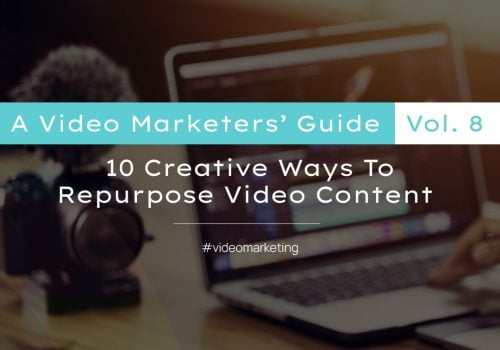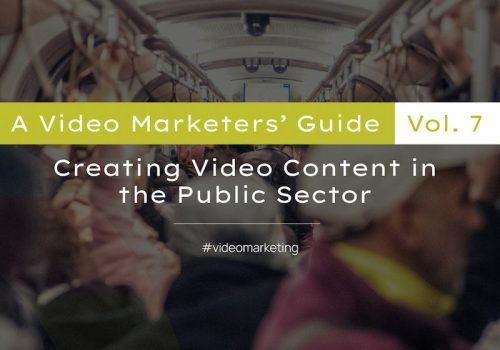Content marketing focuses on creating content for a clearly defined audience and promoting this to your audience via online channels. To achieve maximum engagement with your audience, the content you create needs to be of value, and you need to understand how best to put your content in front of your audience.
There are many benefits to using content marketing. We often use content marketing for lead generation and starting conversations with new clients. Content marketing can help to create brand awareness or credibility, increase sales, to drive social engagement and strengthen brand loyalty and customer retention. Valuable content will also drive organic traffic growth and improve search rankings by showing your expertise in your field.
Understanding your audience
Before starting to create any content, whether for SEO, social or content marketing purposes, it is always important to start by understanding your customer’s needs and keeping your audience in mind. If you are going to create a really valuable piece of content, consider where your audience is in their customer journey or funnel and create content that addresses pain points or provides more information on the products or services you offer.
As part of your research, it can be helpful to talk to your audience via a survey; or speak to your Sales or Customer Service teams to understand common concerns or what questions are asked frequently and then tailor your content around these findings. This research might also help steer the ways in which you present and promote your content to your audience. For example, if you find out they are often time-poor, an infographic could be the best way to convey your message.
Types of content
Content doesn’t just have to be words on a page; depending on your audience and niche, the best content could be a video or an infographic. If you’re selling a technology product to other businesses, whitepapers and case studies might be your best bet. Whereas if you’re selling an online training course a taster webinar might be much more valuable to your audience.
With this in mind, here are some of the most popular types of content
- Whitepapers or guides
- Case studies
- Podcasts
- Blogs
- Infographics
- Explainer videos
- Webinars
- Social media posts
Promoting your content
There are many online channels to promote your content, from paid ads, remarketing, organic social and email marketing. A multi-channel approach is often best, but it can depend on your objectives, your audience and, of course, your content.
For smaller businesses just starting their journey into content marketing, we recommend focusing your budget on content creation and using free channels such as organic search, social and email marketing.
Making the most of your content
A regular stream of content should form part of your overall content strategy. Maximise your content by collating short blog posts to form a larger piece of content, such as a guide, or deliver the contents of your guide in the form of a webinar. There are many ways to repurpose content and reach your audience. Some examples include:
- Turning a podcast into a blog
- A guide can be broken down into a series of blog posts
- Whitepapers can be repurposed into bite-sized social media posts
Tips for using content marketing to generate leads for your business:
- Research your audience and create content tailored to where they are in the sales funnel addressing questions around the products or services you provide.
- Research what other people have created around the topic you’ve chosen to ensure your content covers the topic in depth.
- Ensure you place a call to action within your content.
- Consider having gated content (GDPR compliant) so that in exchange for an email address, your audience receives the content. This provides leads for your sales team to follow up.
- Extend the reach of your content by encouraging your team to share, re-post or comment. For example, if you post on your company’s LinkedIn page ask your colleagues if they can help by reposting on their own profiles
- Choose topics that align with your audience and that you enjoy writing about, as creating high-quality content takes time. There’s nothing worse than spending time researching and writing about a topic you’re not passionate about.
- Remember to repurpose your content to get the most value out of it. A blog post could become a short explainer video, a guide can be broken down into a series of blog posts, and a podcast can quickly be turned into a blog post.
Explore the power of content marketing
At Capsule, we use content marketing as part of our own marketing strategy to drive new business. We have a collection of guides on topics relevant to our audience, such as our guide to Google Analytics 4, creating great video content and a guide to marketing in the EV market.
With a team of designers, copywriters and search specialists we can help you create content that resonates with your audience and performs well in organic search.
Want to talk about a content marketing strategy for your business? We can help!





